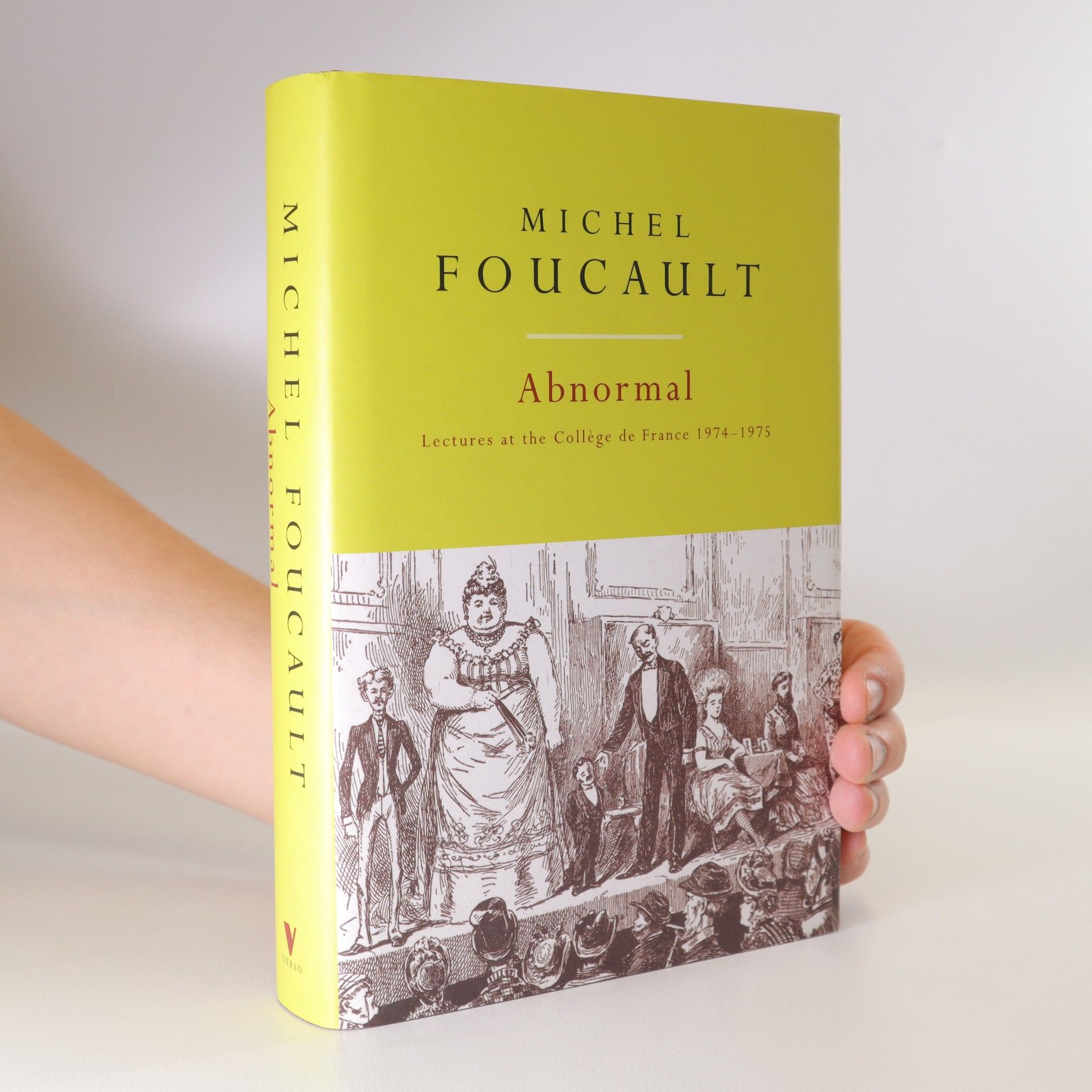Lectures on the Will to Know
- 293 stránek
- 11 hodin čtení
Foucault explores the concept of the will to know through a Nietzschean lens, examining the evolution of truth procedures, legal systems, and class struggles in ancient Greece. His analysis reveals how these elements interconnect to shape knowledge and power dynamics, offering a profound critique of historical narratives and their implications for contemporary thought. This lecture serves as a foundational exploration of the relationship between knowledge and societal structures.







